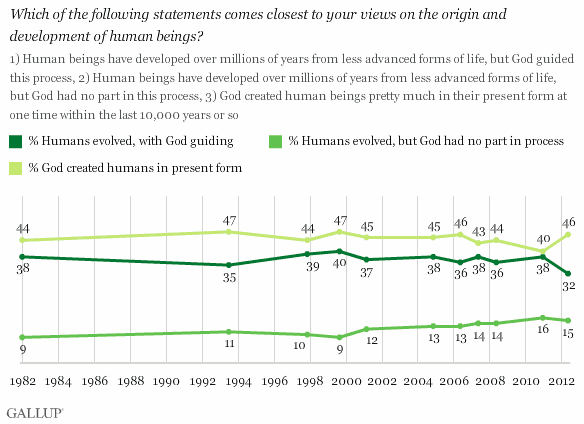Doma now has almost 90% of the support for her college education! Did you doubt if I could build $100,000 of funding for Doma? Did you decide to wait before participating? There is no longer any need for caution.
This venture is succeeding. Blessed to have learned from many successes and some failures along the way, I know how ventures succeed.
The iconic hero when I was in school in England was Antarctic explorer Robert Falcon Scott. The team he led to the South Pole in 1912 found Amundsen had got there first. Scott and his team all died on the way back. I recognized Scott’s courage but considered him a dangerous role model. His weak planning led to such disastrous failure.
That’s why I got interested in how successful ventures start, and when and how to plan.
First, intuition must be fed all the information that could be relevant. There’s no fixed schedule for this stage — we see the first step to take quite suddenly one day and are confident it’s right.
The next steps are guided by feeding intuition results. There’s no fixed schedule for this stage either. Only after enough results have accumulated do we recognize intuition’s plan, which it kept refining based on those results. That’s when we begin the structured activity we think of as planning.
Establishing support for Doma’s college education has followed this time-honored trajectory. Perhaps it will seem surprising that only this week have I understood what my intuition was up to.
Intuition’s starting point in this case was Hampshire College’s anticipated “family contribution” of around $100,000 over four years. Since Doma’s mother can provide none of that and Felicity and I can provide only a about a quarter, it meant I must establish over $75,000 of support from others.
The first question intuition addressed was, what if you and Felicity cannot make that $6,000 contribution in future years? It decided I must deposit $24,000 in the bank now to cover all four years’ contributions.
It then considered how best to raise the remaining $75,000. Only the first year’s family contribution, $23,372, need be raised now, it decided, because anyone who contributes for the first year is likely to contribute again in future years when they see what Doma accomplishes.
So the key question was how best to raise $17,372 ($23,372 minus my contribution). Intuition’s answer was, from as many supporters as possible. Why? It mitigates risk. Some who contribute now may not be able to in future years. The loss of one or a few contributors would have relatively little impact.
Reflecting on that approach, intuition saw more benefits. A large pool of financial supporters will include people who can help Doma in ways we cannot yet imagine that will emerge as circumstances change.
The result so far? Doma has 65 supporters in 50 households (i.e., 15 supporters are couples). Another 10 or more cannot make a donation now but hope to in future years. The average donation (excluding mine and Felicity’s) is $259. Half of all donations by households are $100 or less.
Supporters other than Felicity and me have donated a total of $14,518 so far. This means only $2,854 more is needed to fund Doma’s first year at Hampshire College. That is just 11 more supporters at the $259 average, or fewer than 30 who give around $100 each.
Why would these people become Doma’s supporters? How would they benefit? For the same reason as those who already gave.
This is not like an annual gift to, say, the local volunteer fire department or a charity whose work for individuals you do not see. A donation for Doma’s future is financial support that also wishes her great good fortune on her amazing journey.
You will get ongoing written and video updates about Doma’s progress, and she hopes to thank everyone in person for making this extraordinary opportunity possible.
There is no more reason to hesitate before joining the 65 generous souls who are already supporting Doma.
Let’s delight her by completing the funding in the next couple of days! Click on this link to make a donation via Paypal now. Thank you!

